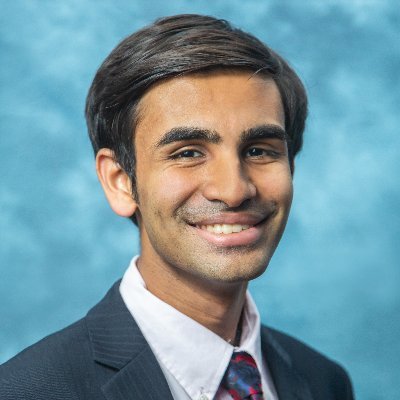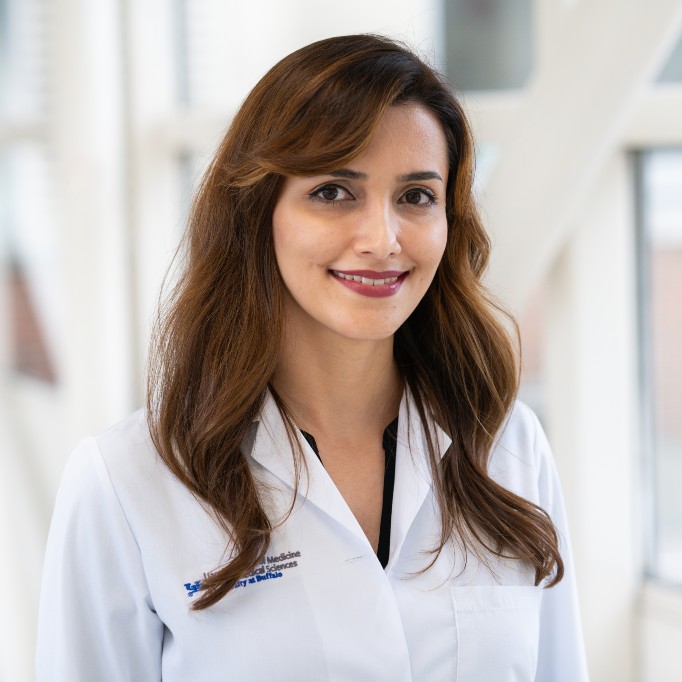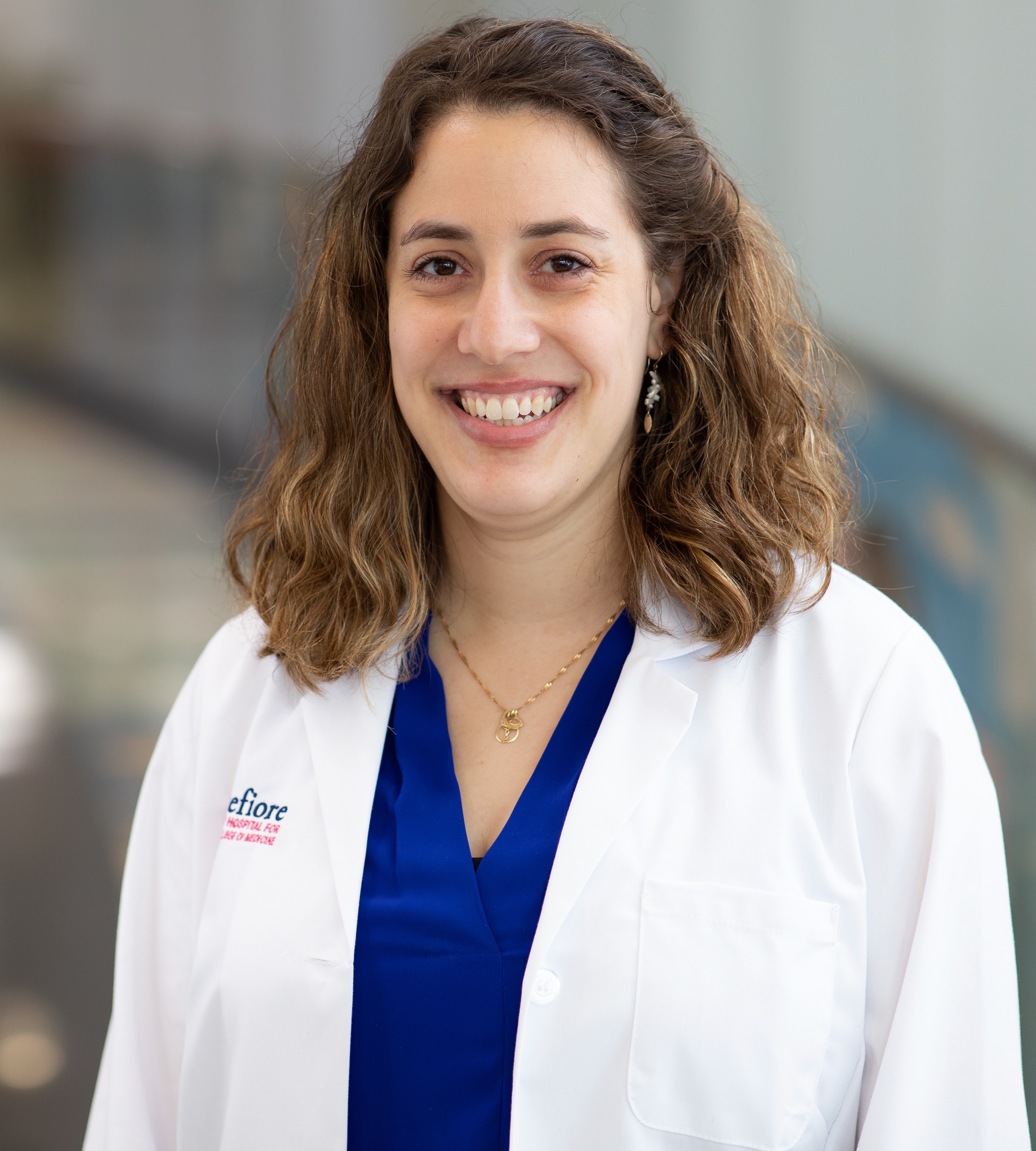FACULTY ADVISORS


The Radiosurgery Society® (RSS) Residents Association benefits tremendously from the guidance and insights of our distinguished Faculty Advisors who have years of experience in their specialty and are actively involved in residency and training programs at their own institutions.


